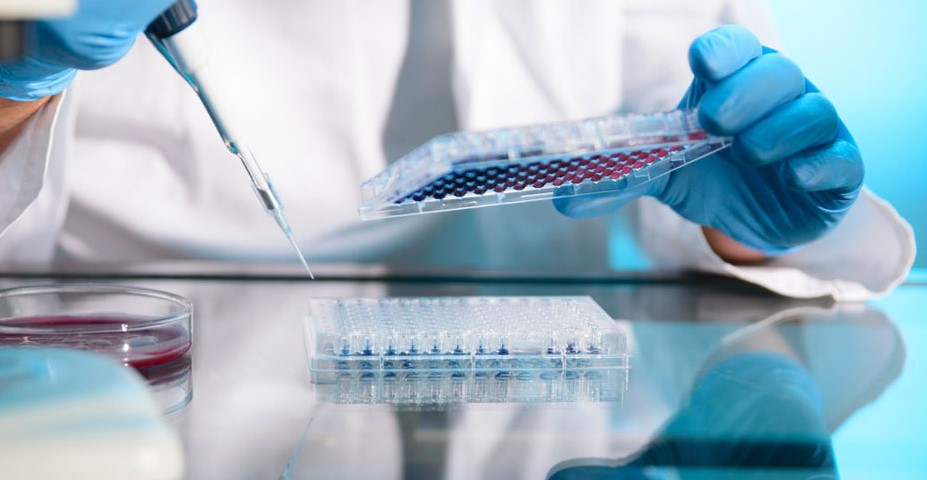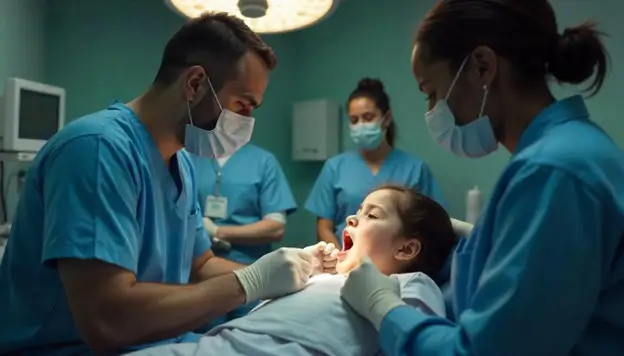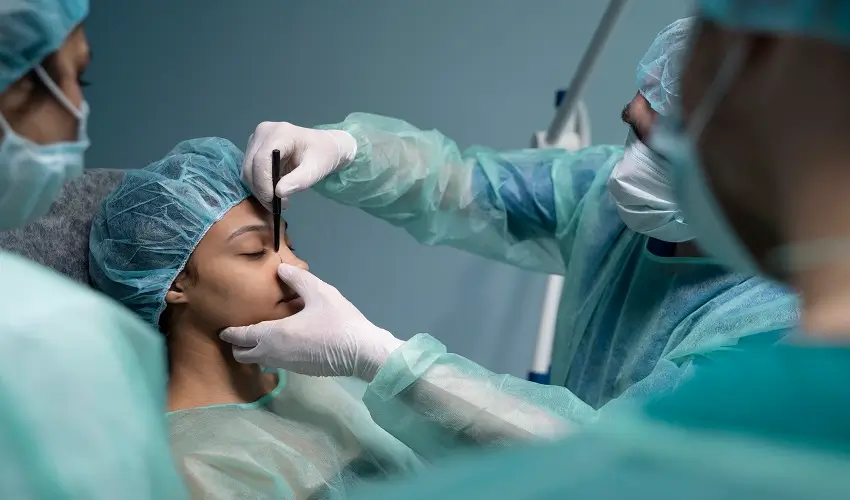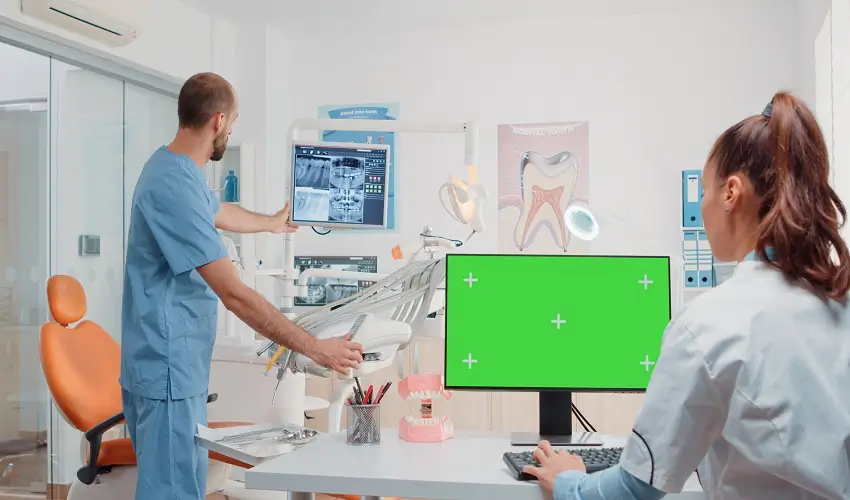Medical devices require biocompatibility testing. This is a challenging and tricky task that can be confusing and even frustrating for professionals. Biocompatibility testing comes with exacting testing requirements that demand time, resources and expertise. In this article, we have put together basic information about medical devices biocompatibility testing. Let’s begin with what this testing is and where it can be applied.
Biocompatibility and its Application
Biocompatibility refers to testing a device to make sure that a device does not have any toxic impact on human body.
When a medical device is brought in contact with human body, neither should harm human body due to its material or texture, nor it should release any such chemical that can have adverse local or systemic effects. A local effect can be minor issue such as skin irritation or burns, whereas a systemic effect can be internal damage to organs or cells that can lead to cancer, reproductive system effects or so on.
Therefore, every medical device must be first understood. Manufacturers must identify how a device would interact with a human body, and the potential risk attached to it. In the past, all it required for a device to be declared as fit was to assess it on the basis of a checklist. However, FDA requires more rigorous testing for validating it as a safe device.
Do you need to do biocompatibility testing?
Biocompatibility testing is mandatory for devices that have contact with human tissues. However, you can identify which devices need tasting based on the ISO Materials Biocompatibility Matrix.
However, if you have following information, you can skip some parts of testing.
Data from previous testing: If the device is make of a material that has been tested in the past, you can skip testing its material. However, for major changes such as manufacturing process or sterilization method, you must perform material testing. If the chemical composition of material has changed, you must test material.
Data from suppliers: at times suppliers also provide data about material. With firsthand information by the suppliers, you can skip your own testing.
Clinical data: form the already available and test devices made of the same material, you can conclude whether a device needs testing or not.
Types of Biocompatibility Tests
The overall testing process varies as per the prior information available to you. However, there are three steps that have to be perform for each testing.
Biological Evaluation Plan (BEP)
This step identifies potential risks by reviewing your device and its materials. Based on its reading, it recommends testing to resolve the identified issues. This plan can conveniently serve as your formal initial risk assessment, and can be share with FDA as well. It is a great start and review exercise as it helps you determine which things you need to include in your testing.
Device evaluation and testing
Based on the BEP assessment, further evaluation has to be carry out. Biological tests, vitro or vivo, along with other available resources such as scientific literature, chemistry tests and toxicological risk assessment, will help determine the status of a device further.
Biological Evaluation Report (BER)
At this step, a summary of all tests and their results is produce and submit to FDA.
Final Words
The process of biocompatibility testing is mandatory. It is a validation and certification of a medical device being safe for human use. It prevents people from potential risks and problems. However, the process is too challenging and difficult. It requires professional expertise, the right tools and technology to perform the testing optimally.





